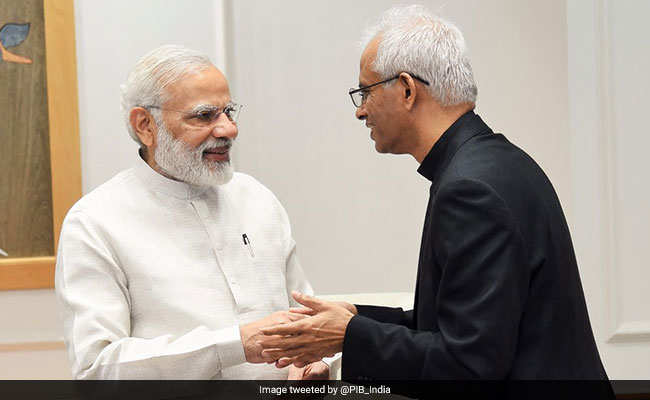The birth of a publication is always a reason for celebration. The birth of a publication at a time when print is under some strain is a cause for even greater celebration. But the birth of a print publication in a time of strain, on a subject that is of a close interest to the distinguished audience here, is perhaps the most welcome part of the evening. I hope the subject will actually determine the quality of the publication.
Foreign affairs and diplomacy are two of the most important aspects of government, have always been, particularly now in the current environment and context in which we live. Let me begin with a question that is immediate. What has happened in the last three years that is a significant change with the past? The first articulation of our foreign policy was made in March 1946 at the Asian Relations Conference and it is also an indication of how seriously the first Prime Minister Jawaharlal Nehru took foreign policy. He had already begun, in a sense, the concept of multilateralism, established it with that conference, at a time when the post-war world was still searching for some way forward. At a time when colonisation still seemed one power that the world would not easily get rid of.
Now, it’s only in hindsight that we can say that 1947 was a seminal year because, in a real way, Europe’s colonial power began with Britain’s success in India and it also ended with Britain’s collapse in India.
After the British lost their raj, it was only a matter of time before colonialism all across the world collapsed. But in 1946, certainly the spirit of Lord [Satyendra] Sinha was more prevalent. As a law member, he’d famously remarked about Mahatma Gandhi that: “I don’t understand what this man in a dhoti is doing, the British are going to be around here for 400 years.”
That was the prevalent wisdom and that was a prevalent assessment. He wasn’t far off from what conventional thinking in 1917 suggested and yet, when Gandhiji started, the Empire could not survive more than 30 years. The reason was that a man had come who mobilised the will of the people against an elite. Previously, all the colonial powers had to do was to confront and defeat local elites in order to establish their expansion. They never had to deal really with the people.
Read More








